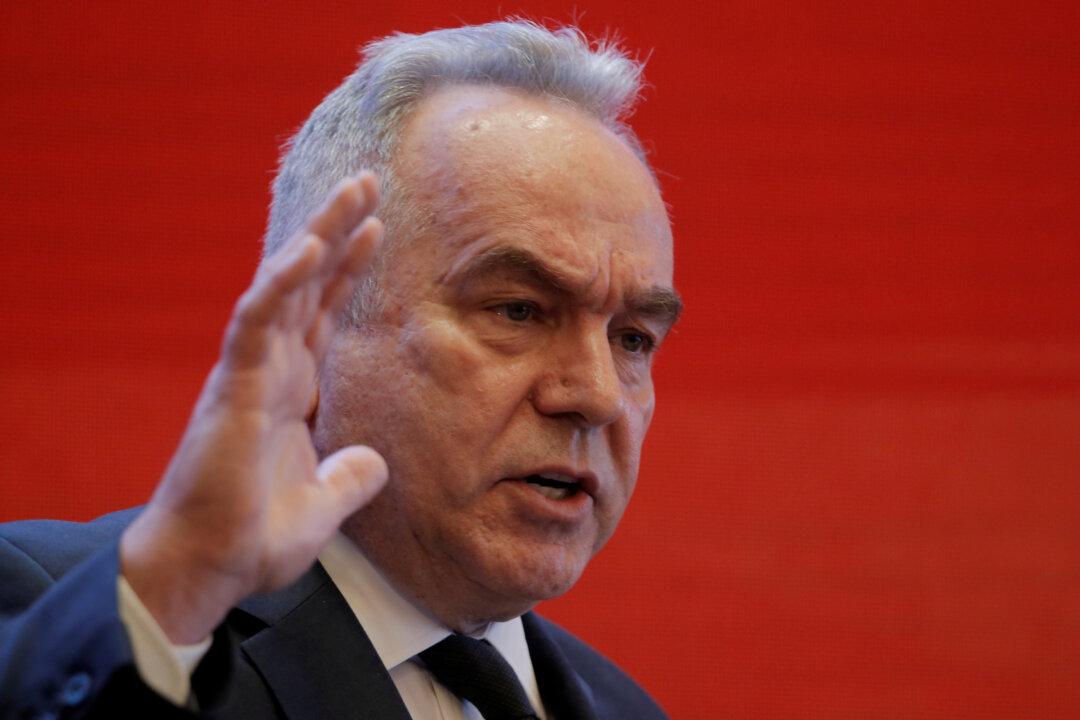The White House’s Indo-Pacific coordinator, Kurt Campbell, has slammed Beijing’s decision to punish Australia with billions of dollars worth of export restrictions as a form of “dramatic economic warfare” that sought to hurt the nation’s economic and political standing.
Speaking at a digital conference hosted by think tank Lowy Institute, Campbell addressed the significant tensions in the Indo-Pacific that had grown as a result of Beijing’s economic and military tactics in the region.





